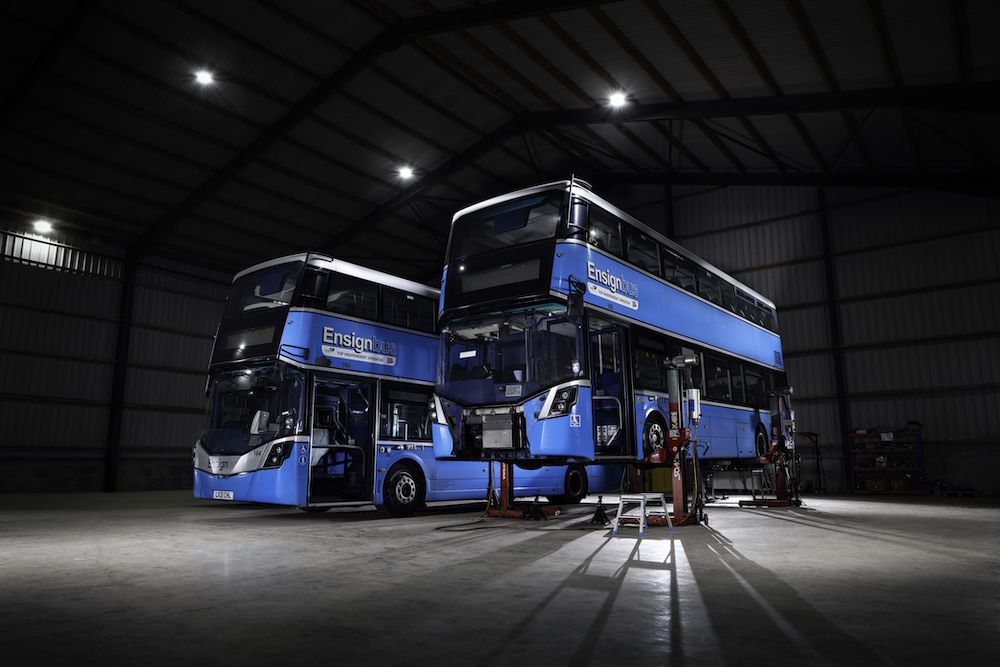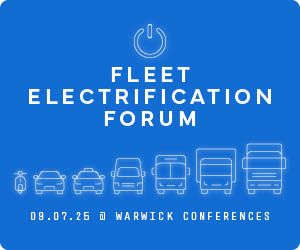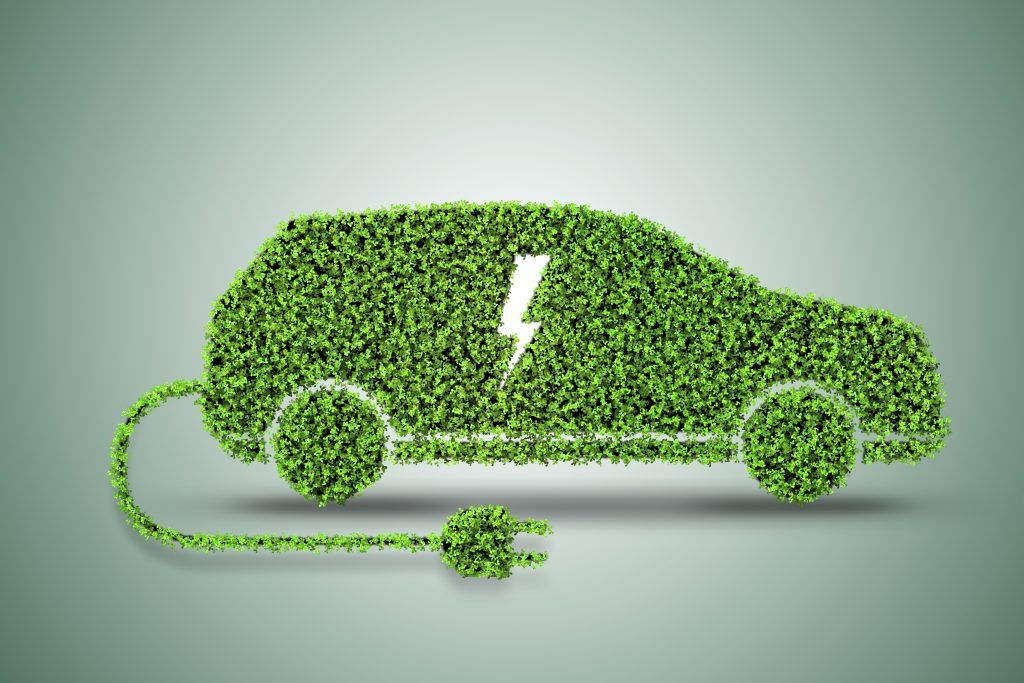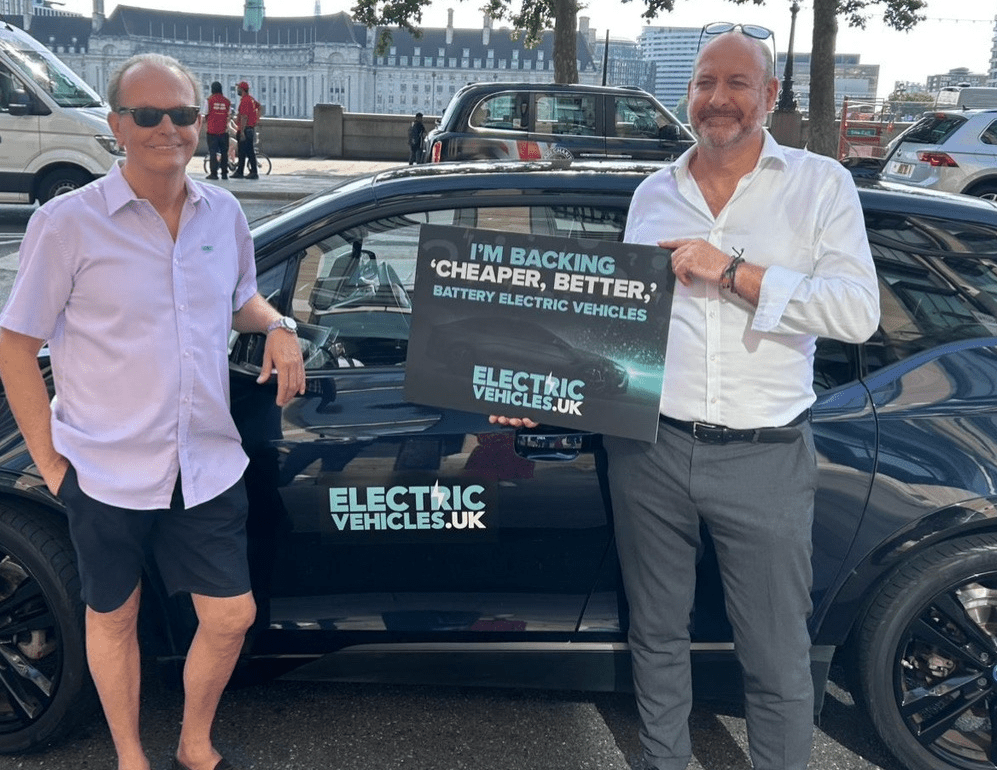New research carried out by EO Charging (EO) has found that nearly half (46%) of British fleet managers are confused by or unaware of the upcoming rules on the sale of smart electric vehicle (EV) chargers.
EO, a leading UK-based provider of charging solutions for electric vehicle (EV) fleets, has warned that a lack of understanding around new EV rules coming this Thursday (30 June) risks undermining the UK’s progress toward net zero.
Nearly half (46%) of 500 British fleet managers interviewed by EO were confused by or unaware of the upcoming rules on the sale of smart EV chargers. A further quarter (26%), falsely assumed that the new rules would lead to raised running costs for their fleet.
EO Charging has launched a commercial charger that is fully compliant with the new Electric Vehicles (Smart Charge Points) Regulations which apply to all new chargers sold for installation at home or in workplaces from the end of this month. In contrast to fleet managers’ assumptions of higher costs, the average fleet transitioning to smart chargers can expect to benefit from around a 60 per cent saving in long-term energy costs through effective load management and reductions in excess peak time charging.
Fleet managers’ pessimism is linked to the fact that nearly three quarters of firms (73%) reported their adoption of EV vehicles had been complicated or held back by recent changes to regulations and grants. Earlier this month the Government ended the plug-in-grant for cars nearly a year earlier than it had originally promised. Half of those interviewed (55%) stated that such changes had increased business costs, while just 30% agreed that EV rules and government guidance to date had been easy and low-cost to implement.
Charlie Jardine (pictured), CEO at EO Charging, commented: “Bringing in new market policy or legislation isn’t easy; it takes time for an industry to adapt. But these businesses don’t have time – they’ve got a hard deadline to transition to electric and need to feel confident in the economic and environmental case for doing so. It’s vital that government and industry providers, like EO, do what we can to ensure confusion over these law changes does not slow down the pace of fleet electrification.
“The benefits of smart charging are significant – from increased vehicle uptime, savings on long-term energy costs, to a lower TCO – that’s the message businesses need to hear. The fact that a quarter think this move will increase costs, is a real concern. The UK has become a world leader in EVs, and large fleets like our customers Amazon and Tesco, are setting the pace for their global peers. We must do what we can to continue to strengthen and grow that leadership.”
Despite confusion over the rules, the majority of UK firms continue to make solid progress on EV fleet adoption, with 8 in 10 (81%) having a clear strategy in place, and 50% already implementing their plans. More than twice the proportion of businesses expect the shift to EVs to boost (52%) rather than undermine future profitability (32%).
EO Charging, which supports the fleets of half of the UK’s top 10 online retailers, has unveiled two new products compliant with the new Electric Vehicles (Smart Charge Points) Regulations. The EO Genius 2 and EO Mini Pro 3, are designed and manufactured in the UK, and offer future-proofed smart functionality to permit the default off peak charging hours required by the new regulations. To date EO Charging has deployed over 50,000 charge points, supplying many of the UK’s largest EV fleets, including Amazon, Tesco and DHL, and has already started rolling out the updated product across some of its existing customers.
Richard Earl, Head of Research and Development at EO added: “We have been fortunate in that our development of smart chargers was already well advanced before the change of regulations. Despite this head start, like many we have faced challenges in getting products to market in time with ongoing global supply chain challenges. Despite this, we’ve managed to deliver smart charging solutions that are capable of flexing to future regulatory changes, and so will continue to support our clients in unlocking the business benefits of EVs long into the future.”
Image courtesy of EO Charging.














